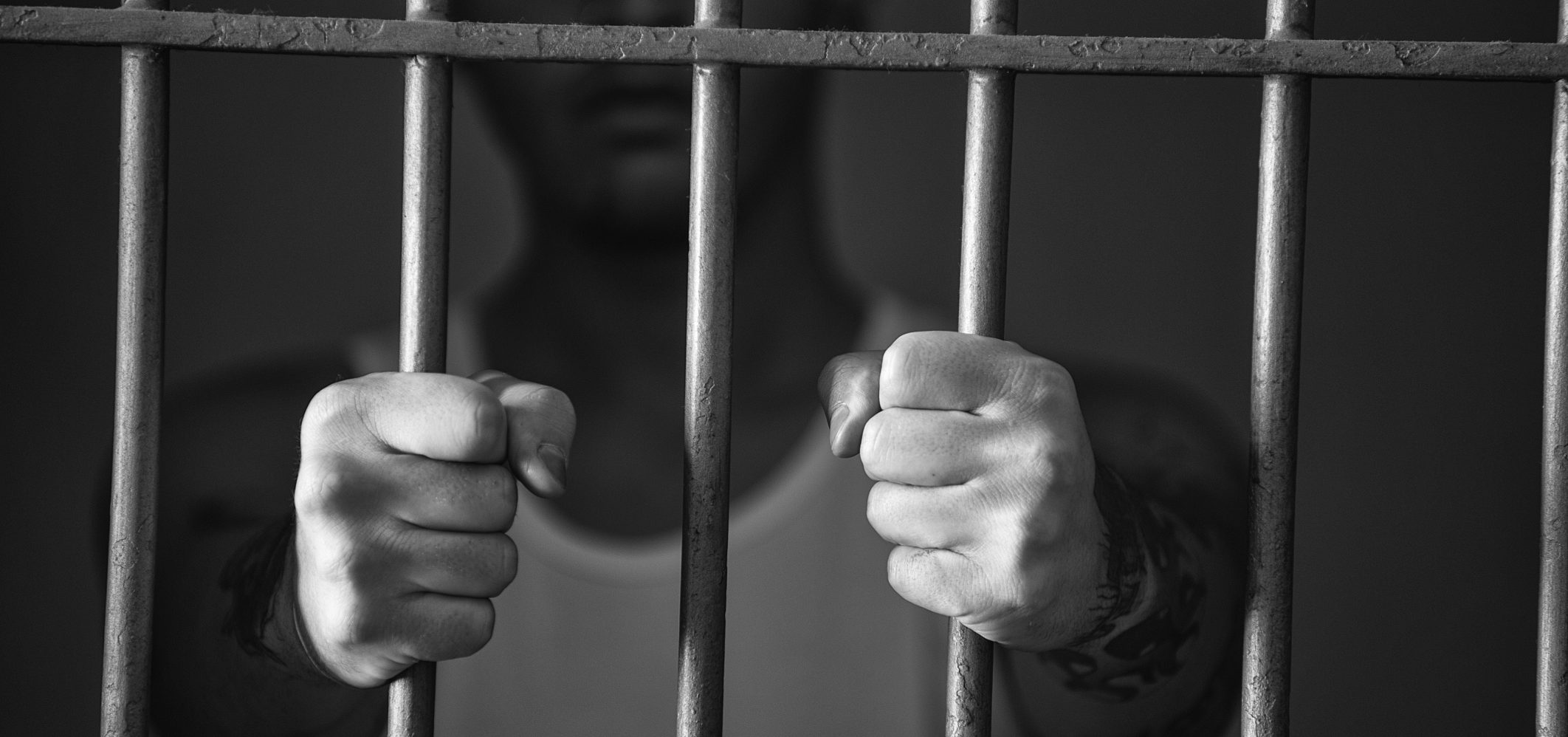Australian Boy, 13, Spends At Least 45 Days In Solitary Confinement Despite Not Being Sentenced To Detention
Australian boy, 13, spends at least 45 days in solitary confinement in a detention center, despite not having been sentenced to detention. The boy had been placed in a small, windowless cell for 23 hours a day, with only one hour of outdoor time.
Author:Tyreece BauerReviewer:Elisa MuellerMar 16, 202351.4K Shares768.5K Views

Australian boy, 13, spends at least 45 days in solitary confinementin a detention center, despite not having been sentenced to detention. The boy had been placed in a small, windowless cell for 23 hours a day, with only one hour of outdoor time.
Jack, the teen, spent 60 days at Cleveland Juvenile Correctional Centre in Townsville, Australia, before being released on probation last week.
According to reports, he was locked up for a total of 22 days. Human rights commissioner for Queensland suggests law was breached.
Video unavailable
This video is unavailable: Original link to video
Legal Framework
The use of solitary confinement for children in detention is a violation of international human rights law. The United Nations has repeatedly called for a ban on the use of solitary confinement for children, as it can cause severe psychological and emotional harm.
The Queensland Statisticians Office reports that in 2021, Aboriginal and Torres Strait Islander individuals were 12 times more likely to be in jail than non-Indigenous Australians.
Indigenous youth make up over 70% of all juvenile inmates across much of Queensland and well over 90% in the state's northern regions.
Due to a lack of adequate facilities, juveniles and children are sometimes detained in adult jails known as watch houses. In most cases, juvenile inmates are being kept for remand.
Response From Advocates
Child rights advocates have condemned the use of solitary confinement for children and called for the immediate release of the boy. They have also criticized the lack of transparency and accountability in the Queensland juvenile justice system.
At the detention center over 1,300 kilometers north of Brisbane, Jack was being held on remand on accusations related to a brawl with another 13-year-old child.
His lawyer, Tim Grau, told the BBC that out of desperation and since he was forbidden to have any other form of water, his client filled his cell with water from the toilet.
Notwithstanding Mr. Grau's claims that Jack had "no severe criminal background," Jack was detained for an extended period of time.
“„He was 13, he'd been in court once before. So even for this offending, he was never going to get a period of incarceration, in my view.- Tim Grau, his lawyer
“„If he's being locked in because there's staff shortages, and Cleveland detention centre has 80 or more kids in at any one time, one can only assume that other kids are in the same circumstance.- Tim Grau, his lawyer
Response From Government
The Queensland government has launched an investigation into the matter, but has faced criticism for not taking more immediate action to address the situation. The government has also been accused of failing to provide adequate mental health support for children in detention.
The Department of Children, Youth Justice, and Multicultural Affairs in Queensland told the BBC that "separations," or solitary confinement, were a last option.
“„[Youth detention centres were] complex and difficult environments, and practices used in the centres are designed to ensure the safety of staff and young people at all times.- Spokesman, The Department of Children, Youth Justice, and Multicultural Affairs in Queensland
“„At all times during a separation, young people have access to visits and professional support services, phone calls, education material, meal routines and recreational activities.- Spokesman, The Department of Children, Youth Justice, and Multicultural Affairs in Queensland
International Attention
The case of the 13-year-old boy highlights the systemic problems within the juvenile justice system in Queensland and the need for urgent reform.
The use of solitary confinement for children can have long-lasting negative effects on their mental and emotional wellbeing, and can also lead to increased rates of reoffending.
The case has garnered international attention and has further highlighted the need for countries to comply with international human rights standards.
The United Nations has called for an end to the use of solitary confinement for children and has urged countries to provide alternative forms of rehabilitation and support.
Final Words
The use of solitary confinement for children in detention is a serious human rights violation and has long-lasting negative effects on their mental and emotional wellbeing.
The case of the 13-year-old boy in Queensland highlights the need for urgent reform within the juvenile justice system.
The Queensland government must take immediate action to address this issue and provide adequate mental health support for children in detention.
The international community must also continue to call for an end to the use of solitary confinement for children and advocate for alternative forms of rehabilitation and support.

Tyreece Bauer
Author
A trendsetter in the world of digital nomad living, Tyreece Bauer excels in Travel and Cybersecurity. He holds a Bachelor's degree in Computer Science from MIT (Massachusetts Institute of Technology) and is a certified Cybersecurity professional.
As a Digital Nomad, he combines his passion for exploring new destinations with his expertise in ensuring digital security on the go. Tyreece's background includes extensive experience in travel technology, data privacy, and risk management in the travel industry.
He is known for his innovative approach to securing digital systems and protecting sensitive information for travelers and travel companies alike. Tyreece's expertise in cybersecurity for mobile apps, IoT devices, and remote work environments makes him a trusted advisor in the digital nomad community.
Tyreece enjoys documenting his adventures, sharing insights on staying secure while traveling and contributing to the digital nomad lifestyle community.

Elisa Mueller
Reviewer
Elisa Mueller, a Kansas City native, grew up surrounded by the wonders of books and movies, inspired by her parents' passion for education and film.
She earned bachelor's degrees in English and Journalism from the University of Kansas before moving to New York City, where she spent a decade at Entertainment Weekly, visiting film sets worldwide.
With over 8 years in the entertainment industry, Elisa is a seasoned journalist and media analyst, holding a degree in Journalism from NYU. Her insightful critiques have been featured in prestigious publications, cementing her reputation for accuracy and depth.
Outside of work, she enjoys attending film festivals, painting, writing fiction, and studying numerology.
Latest Articles
Popular Articles